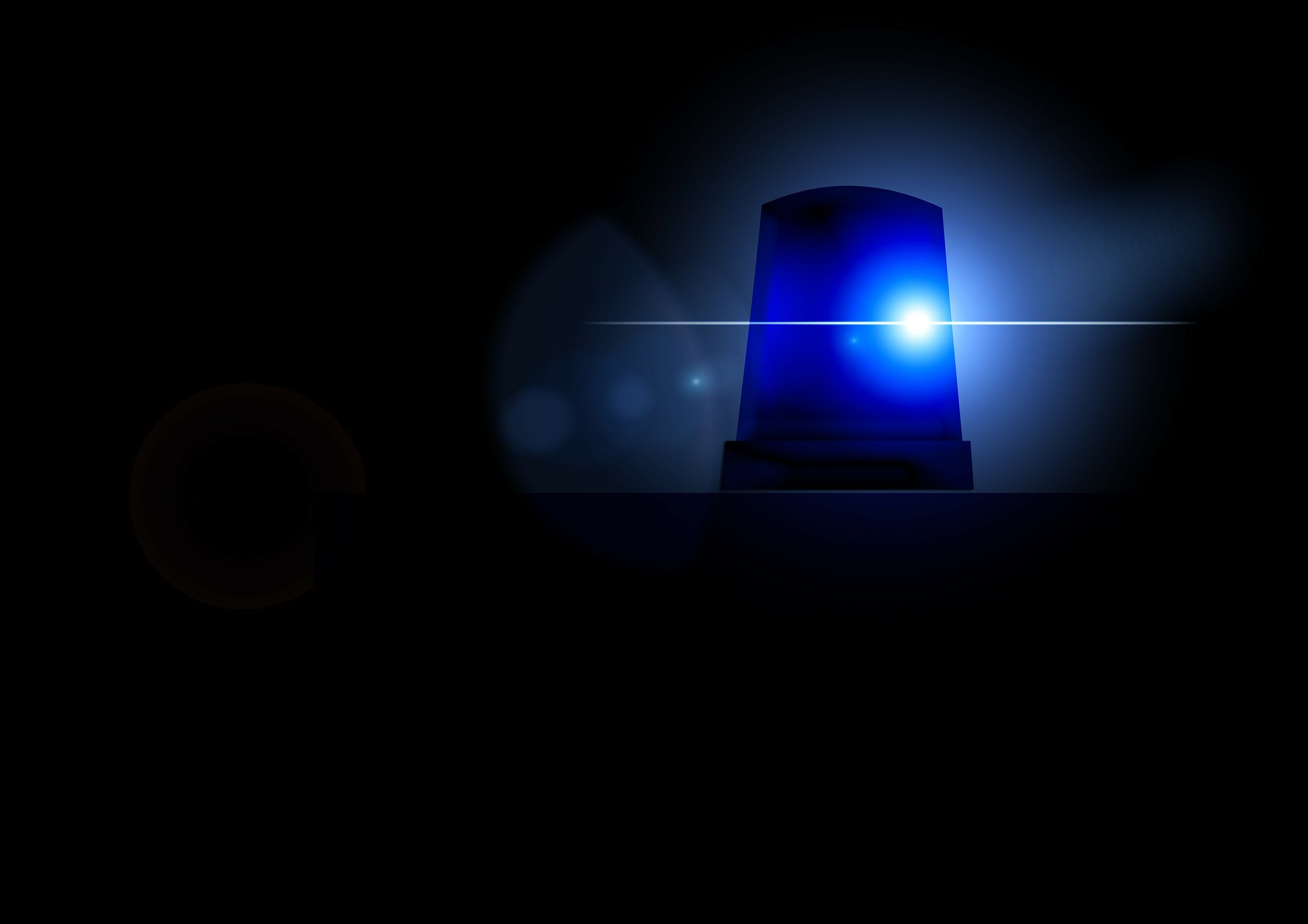Injured seagull and lost fingernail among inappropriate ambulance calls in 2018
by Press Association
A woman whose finger nail had come off and a man who found an injured seagull in his house both dialled 999 for an ambulance, health bosses have revealed.
They were just two of the top 10 most inappropriate calls made to the South Western Ambulance Service NHS Foundation Trust by members of the public in 2018.
Read the rest here:
Call 1
Operator: “Ambulance service – is the patient breathing?”
Caller: “I’ve just got home, and I’ve found a seagull in my house.”
Operator: “You’ve found a seagull in your house?”
Caller: “And the seagull is bleeding. You know? It’s a baby one.”
Operator: “Sir, we don’t deal with animals; we deal with humans.”
Call 2
Caller: “It’s my dog. It’s died, dead.”
Operator: “Your dog has died?”
Caller: “Yes, today, yes.”
Operator: “We are the emergency service, the ambulance service. And we don’t do anything with animals. Alright?”
Caller: “I understand. Thank you very much for your help.”
Operator: “You’re welcome.”
Call 3
Operator: “Right, so what’s happened to you? What are your symptoms?”
Caller: “I keep having very, very strange dreams.”
Call 4
Caller: “I’ve had this before basically. My whole nail has come off, and it’s bleeding. And they told me last time I needed to get an ambulance.”
Operator: “The 999 service is extremely busy, and priority is being given to patients who are assessed as immediately at risk of dying.”
Caller: “Yeah. I’ve just been at the hospital for three hours, and no one’s seen me.”
Call 5
Caller: “So, what’s happening is – she’s my flatmate – and in her anger and rage, she punched what seems to be a concrete wall. Now there’s swelling, and apparently really bad pains in her hand.”
Operator: “So, it’s swollen hand. And…”
Caller: “Swollen hand; pains; instant bruising.”
Call 6
Caller: “I’ve been told: anything else, phone 999. This is going back a couple of days, but I usually phone the 111 service.
“I’ve got a computer in my bedroom, which when I switch it on causes me to sweat. So it’s dripping off the end of my nose.”
Operator: “Okay, you say, it’s excessive sweating, is it?”
Caller: “Yeah.”
Call 7
Caller: “Basically I phoned ambulance earlier on, and now I’ve been told to phone you again to see whether I can get help on getting home.”
Operator: “Getting home? No, you need to speak to the hospital. We’re the ambulance service, we don’t take people home sir.”
Call 8
Operator: “Ambulance service – is the patient breathing?”
Caller: “No, I don’t need no one to come out. I just need some advice.”
Call 9
Caller: “Could you put me through to 101?”
Operator: “Why do you need 101?”
Caller: “I can’t get through to it, because I’ve got no credit.”
Call 10
Caller: “Hello. Actually, you need to turn the ambulance sirens down. They hurt people’s ears, and it can cause an accident.
“I don’t know who to call. But this is the ambulance number. So I’m calling this. I’m trying to cover my baby’s ears, and I can’t cover my own ears.
“The whole thing is a hazard. It’s too noisy for human ears. It hurts my ears. Do you understand?”
Operator: “Okay, Madame. What’s your address, Madame?”
Caller: “I don’t want to give you my address, because I think you’ll just say I called inappropriately.”
The trust released details of the calls ahead of Christmas to remind the public only to call 999 in a genuine emergency.
Demand for the service is likely to peak between December 22 and Boxing Day when staff are expecting to deal with more than 3,100 incidents a day.
David Fletcher, head of the trust’s clinical hubs, said: “The 999 service is only to be used for extremely urgent or life-threatening emergencies, and we urge people to use it wisely.
“If you call because someone is unconscious, not breathing, or has serious bleeding, you are making the right call.
“But calling for an ambulance when it is not absolutely necessary puts additional pressure on our limited resources, and may mean we cannot reach those who are most in need.
“During peak periods, like the festive season, every inappropriate call has the potential to put a life at risk and delay a response to a genuine emergency.
“Please think carefully before calling 999 and ask yourself – ‘is it a real emergency?'”

